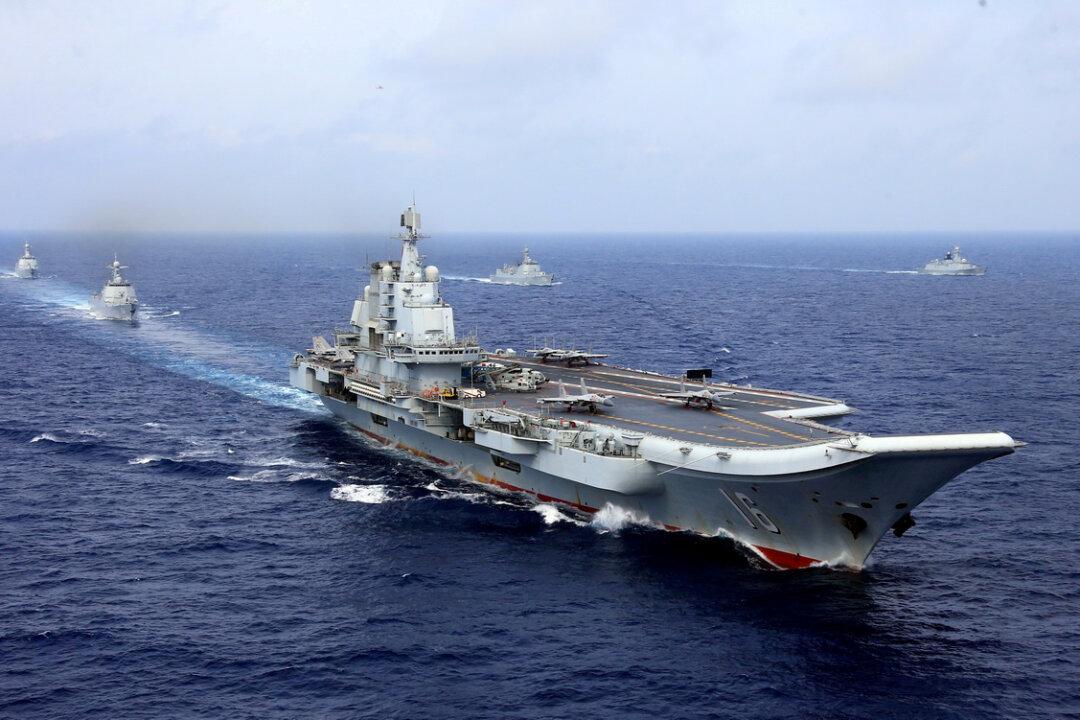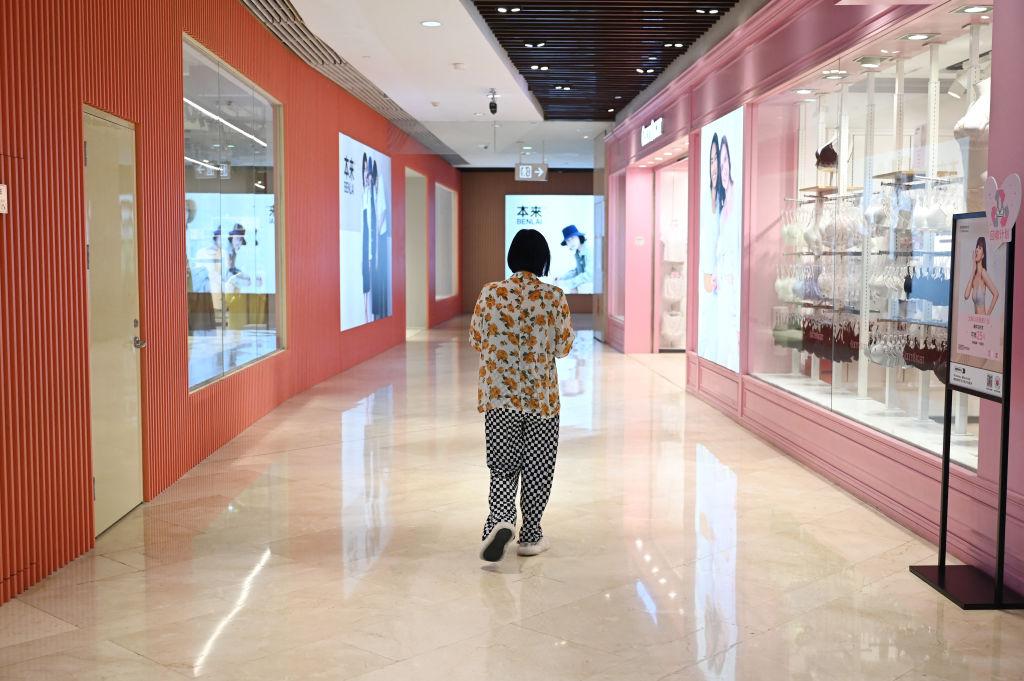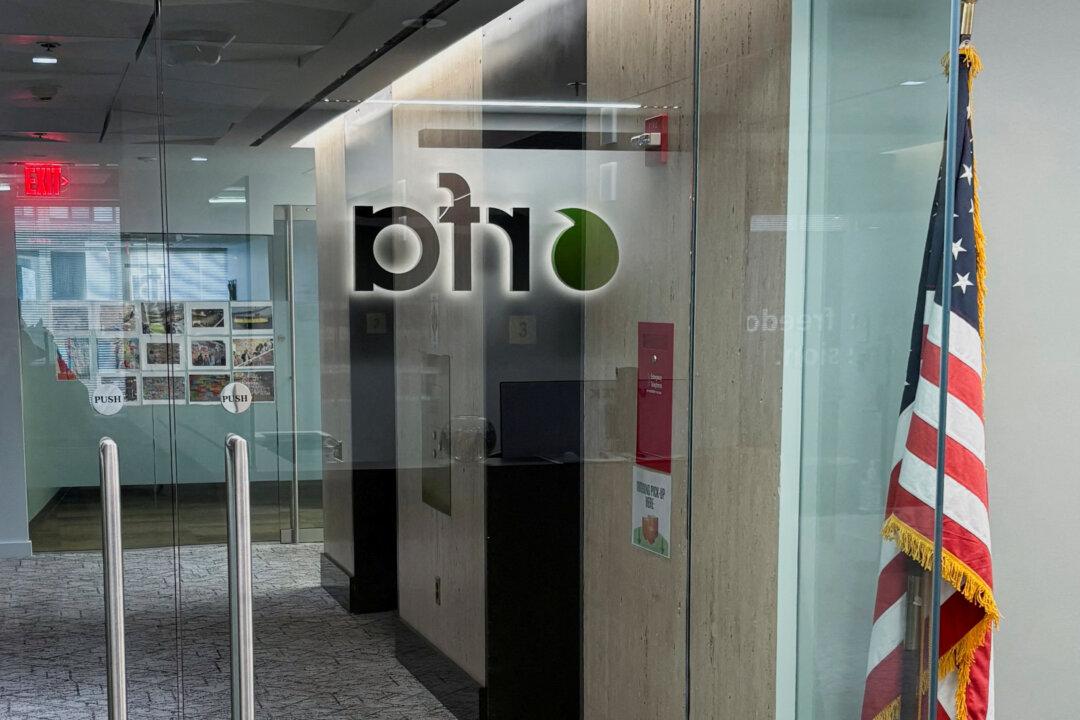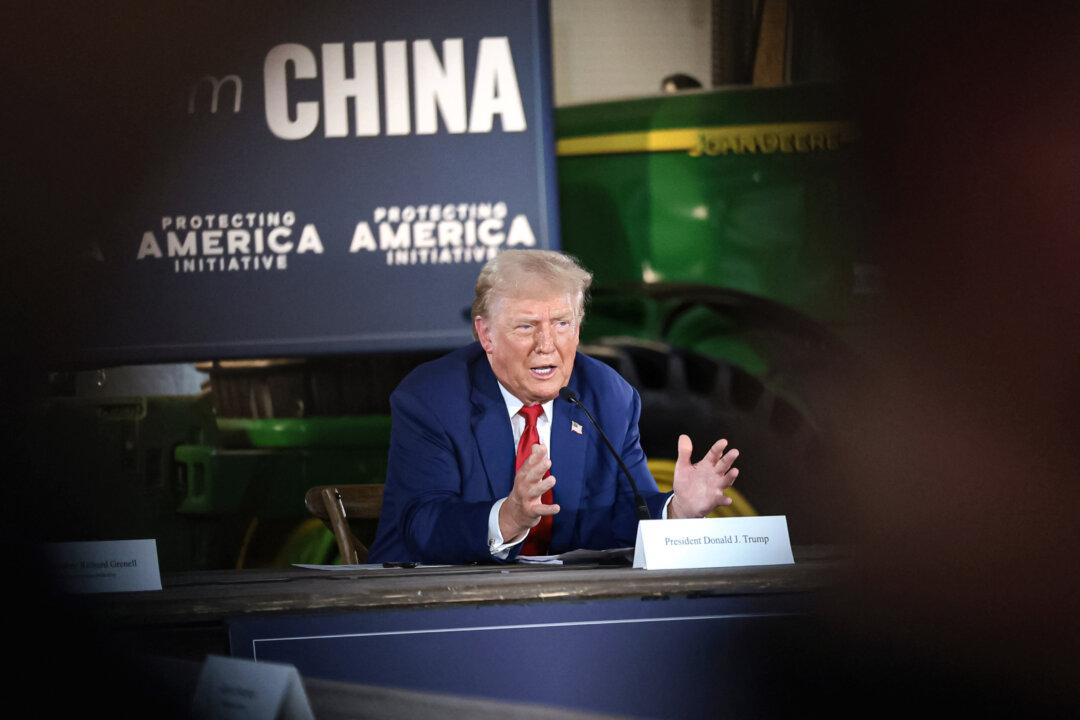Commentary
China’s first ever aircraft carrier was originally purchased from the Ukraine to be a floating casino in Macau. After a series of secretive deals led by an ex-basketball player, a towing expedition through Turkey, and years of development, China finally finished its first aircraft carrier. The carrier is named after the coastal province of Liaoning, located in northeast China.





